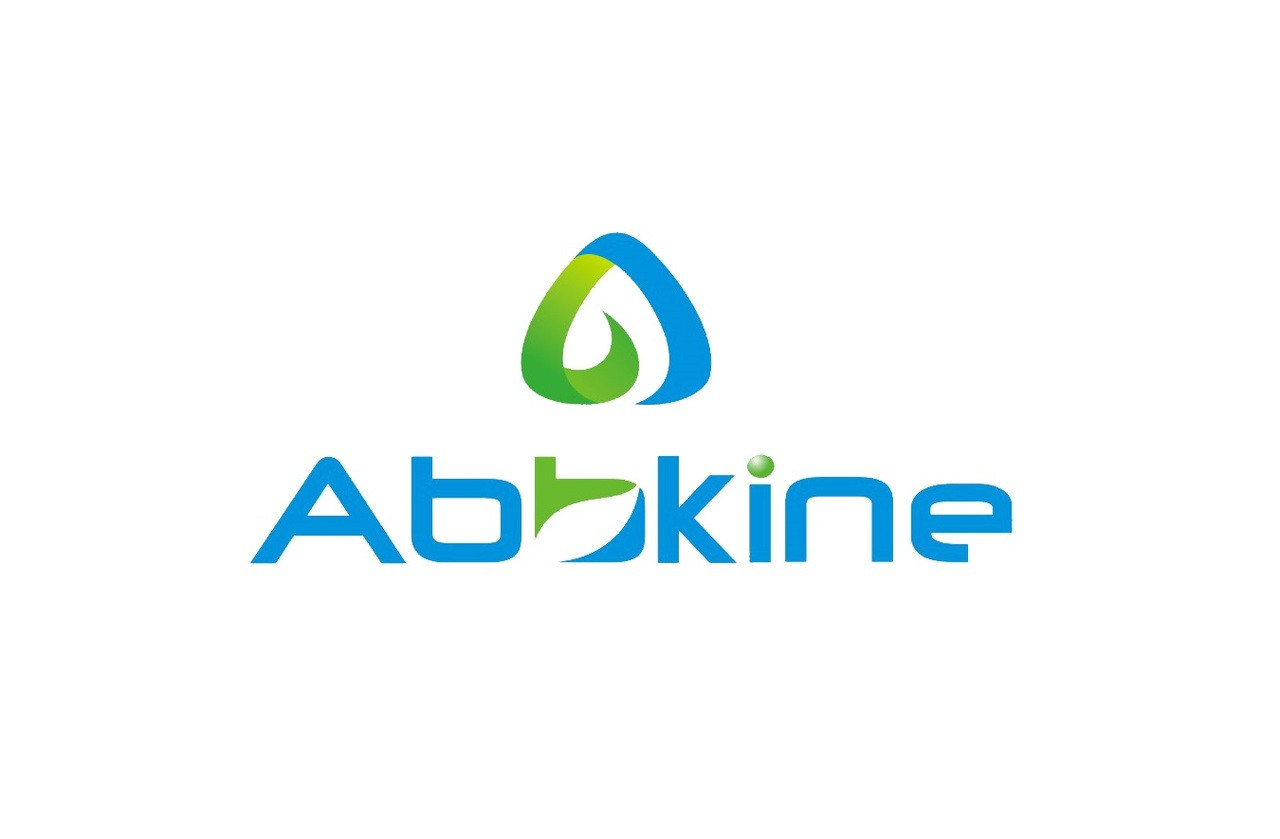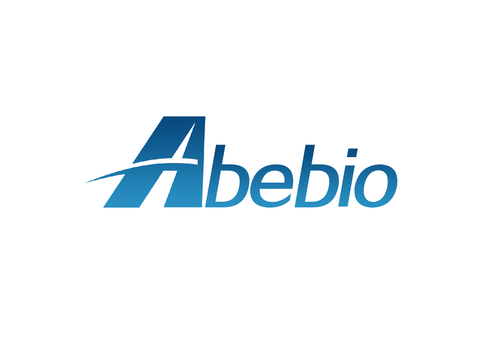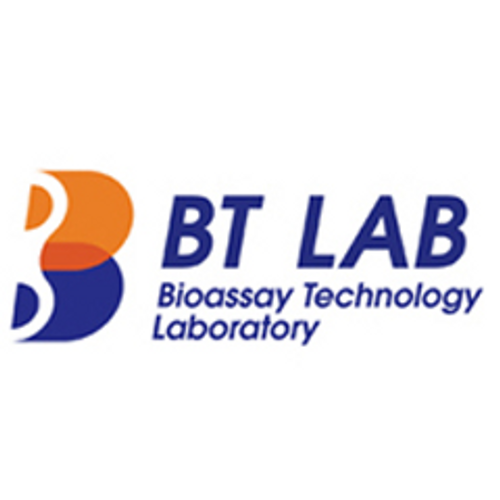Product Description
Human Peptidylprolyl cis-trans isomerase A-like 4G (PPIAL4G) ELISA Kit | KTE61192 | Abbkine
Application: This Human Peptidylprolyl cis-trans isomerase A-like 4G (PPIAL4G) ELISA Kit employs a two-site sandwich ELISA to quantitate PPIAL4G in samples. An antibody specific for PPIAL4G has been pre-coated onto a microplate. Standards and samples are pipetted into the wells and anyPPIAL4G present is bound by the immobilized antibody. After removing any unbound substances, a biotin-conjugated antibody specific for PPIAL4G is added to the wells. After washing, Streptavidin conjugated Horseradish Peroxidase (HRP) is added to the wells. Following a wash to remove any unbound avidin-enzyme reagent, a substrate solution is added to the wells and color develops in proportion to the amount of PPIAL4G bound in the initial step. The color development is stopped and the intensity of the color is measured.
Detection Method: Colorimetric
Conjugate: N/A
Sample Type: Cell culture supernatants#Serum#Plasma#Other biological fluids
Assay Type: Multiple steps standard sandwich ELISA assay with a working time of 3-5 hours. It depends on the experience of the operation person.
Kit Component: • Human Peptidylprolyl cis-trans isomerase A-like 4G microplate
• Human Peptidylprolyl cis-trans isomerase A-like 4G standard
• Human Peptidylprolyl cis-trans isomerase A-like 4G detect antibody
• Streptavidin-HRP
• Standard diluent
• Assay buffer
• HRP substrate
• Stop solution
• Wash buffer
• Plate covers
Features & Benefits: Human Peptidylprolyl cis-trans isomerase A-like 4G (PPIAL4G) ELISA Kit has high sensitivity and excellent specificity for detection of Human PPIAL4G. No significant cross-reactivity or interference between Human PPIAL4G and analogues was observed.
Calibration Range: Please inquire
Limit Of Detection: Please inquire
Usage Note: • Do not mix components from different kit lots or use reagents beyond the kit expiration date.
• Allow all reagents to warm to room temperature for at least 30 minutes before opening.
• Pre-rinse the pipet tip with reagent, use fresh pipet tips for each sample, standard and reagent to avoid contamination.
• Unused wells must be kept desiccated at 4 °C in the sealed bag provided.
• Mix Thoroughly is very important for the result. It is recommended using low frequency oscillator or slight hand shaking every 10 minutes.
• It is recommended that all samples and standards be assayed in duplicate or triplicate.
Storage Instruction: The unopened kit should be stored at 2 - 8°C. After opening, please store refer to protocols.
Shipping: Gel pack with blue ice.
Precaution The product listed herein is for research use only and is not intended for use in human or clinical diagnosis. Suggested applications of our products are not recommendations to use our products in violation of any patent or as a license. We cannot be responsible for patent infringements or other violations that may occur with the use of this product.
Background: PPIAL4G belongs to the cyclophilin-type PPIase family. PPIase A subfamily. Contains 1 PPIase cyclophilin-type domain, PPIases accelerate the folding of proteins. It catalyzes the cis-trans isomerization of proline imidic peptide bonds in oligopeptides. PPIases are ubiquitous in living organisms. While 3 families of PPIases, cyclophilin (CyP), FK506 binding protein (FKBP) and parvulin (Pvn), have been studied in detail in Eukarya and Bacteria (eubacteria), little is known about archaeal PPIases. Among 2 cyclophilins found in Archaea, only Halobacterium cyclophilin (HcCyP19) has been characterized. It is a cyclosporin A (CsA) sensitive CyP with a MW of 19.4kDa. The PPIase activity and CsA sensitivity of this CyP is higher at higher salt concentration in the medium. No parvulin or its homolog has been found in Archaea.
Alternative Names: PPIAL4G; RP6-206I17.5; BX284650.5; FLJ16804; MGC163248; MGC163250;
Search name: PPIAL4G; RP6-206I17.5; BX284650.5; FLJ16804; MGC163248; MGC163250;
Tag: PPIAL4G
 Euro
Euro
 USD
USD
 British Pound
British Pound
 NULL
NULL








